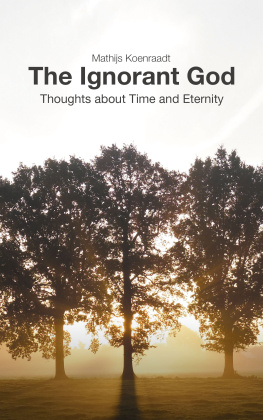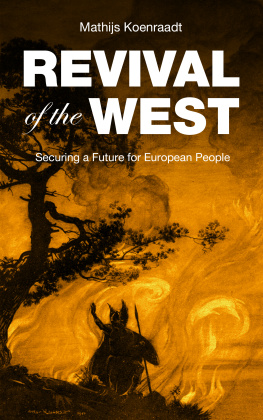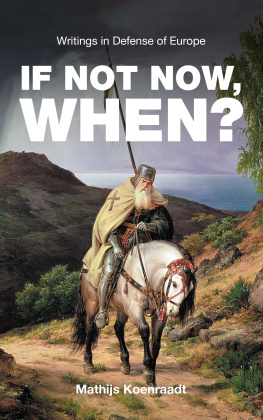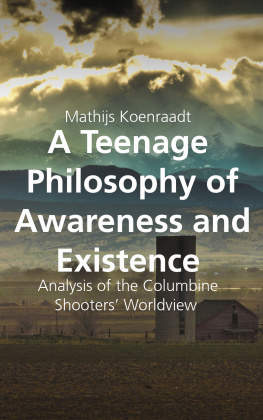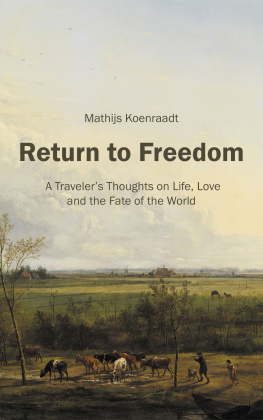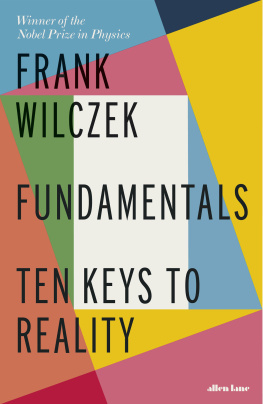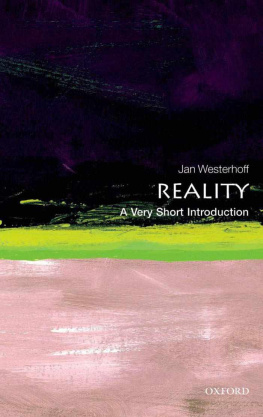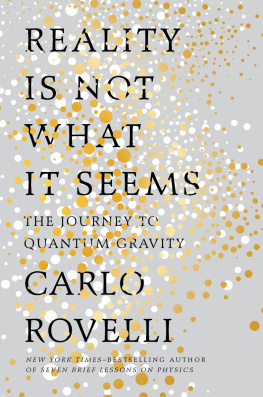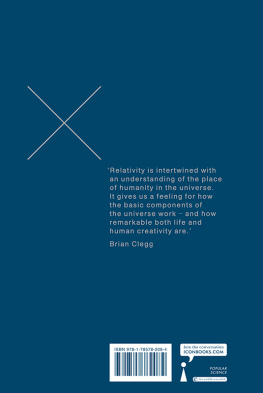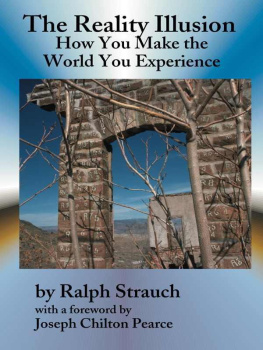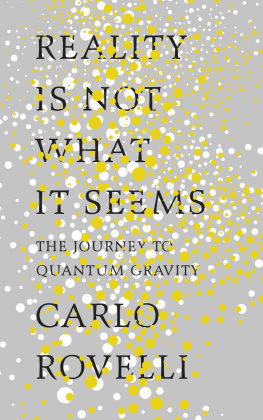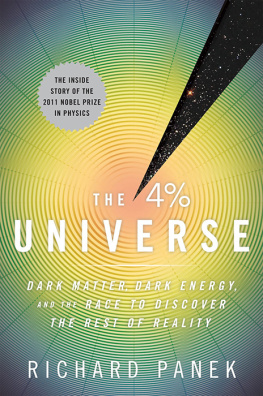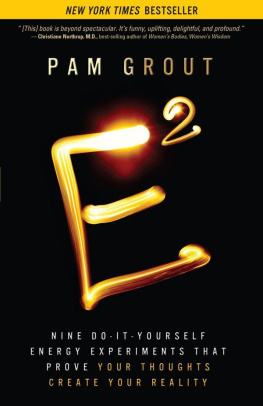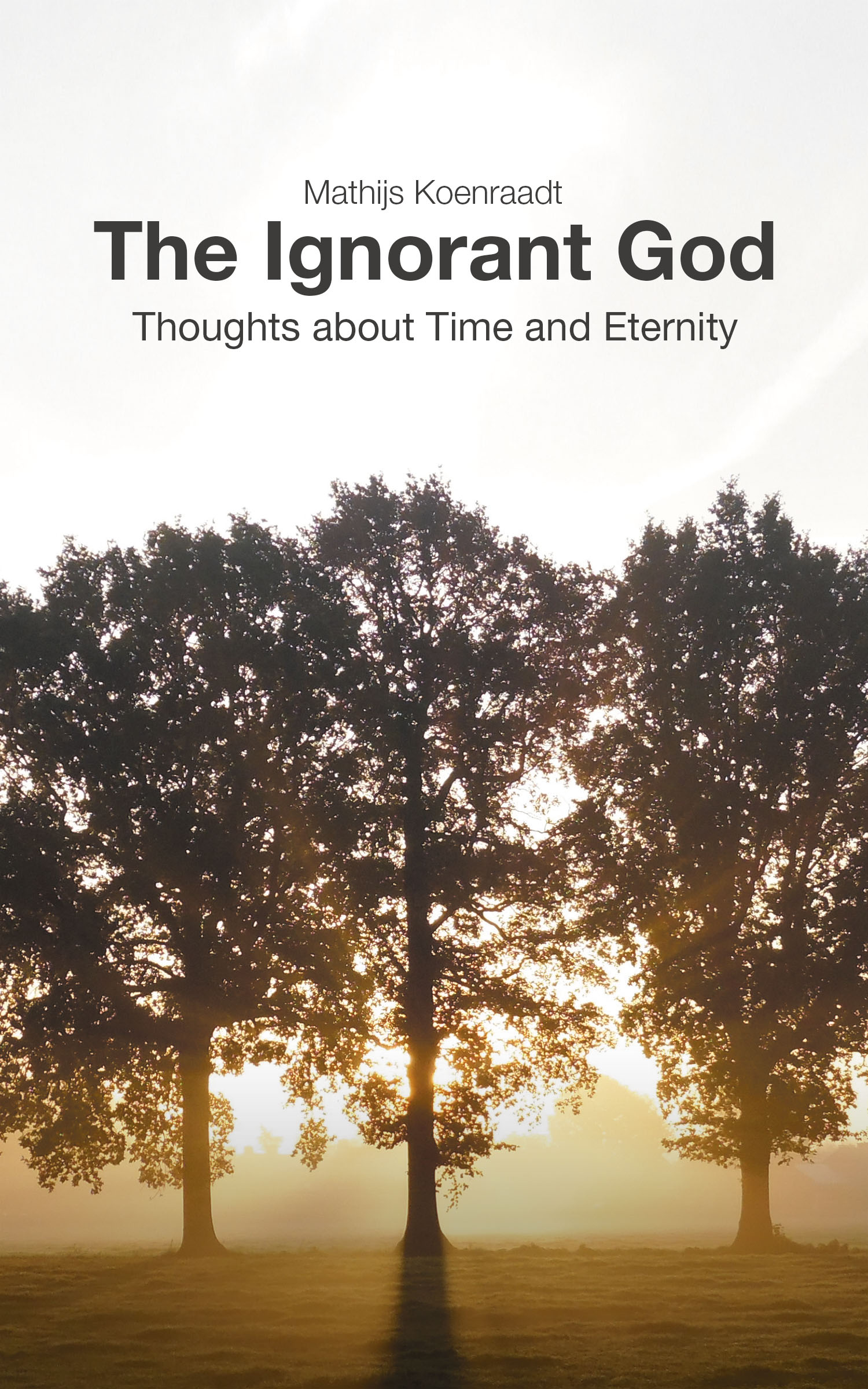The Ignorant God
Mathijs Koenraadt
The Ignorant God
Thoughts about Time and Eternity
First edition 2017 Copyright 2017 by Mathijs Koenraadt
Published by Morningtime www.koenraadt.info
All rights reserved. No part of this publication may be reproduced, distributed, or transmitted in any form or by any means, including photocopying, recording, or other electronic or mechanical methods, without the prior written permission of the publisher, except in the case of brief quotations embodied in critical reviews and certain other noncommercial uses permitted by copyright law.
Paperback ISBN 978-1548847531 E-book ISBN 978-0463522165
What is time? Who can easily and briefly explain it? Who even in thought can comprehend it, even to the pronouncing of a word concerning it?
Augustine of Hippo
Time is as eternity and eternity as time,And so it is you who makes the difference thine.
Angelus Silesius
Contents
Preface
During the month of February 2016, I took several long, solitary walks through Berlins gray inner city. This winter month, gray, square building blocks in Bauhaus style echoed the depressing Holocaust monument. During the walks, thoughts offered themselves to me that usually have no place in my life. I couldnt let go of thoughts about the nature of our reality, the Nothing, the senses, time and eternity. By sometimes questioning the world around me in a bizarre manner, I tried to unravel what is hidden behind this apparent reality. I processed my raw notes into this short book.
Mathijs Koenraadt, Budapest, June 27, 2017
The Ignorant God
T he absolute Nothing, which I indicate with a capital letter to prevent confusion with everyday language, doesnt exist, because the Nothing is nothing. Something must be something in order to be able to exist. In a mathematical sense, one can neither compare the Nothing with the value zero, because it isnt that value zero either. The Nothing is absolutely nothing, hence not even zero. The Nothing of which I speak includes the absence of all abstract mathematics and all physical reality. However, there is something that the Nothing definitely is. In order for it to be nothing, the Nothing must be infinite. The Nothing knows no boundaries to its being-nothing. Otherwise, there ought to be something. If the Nothing werent infinite, then there ought to be something else, namely a Something. The existence of a Something renders the Nothing impossible. The smallest possible Something, an infinitely small thing, instantly cancels out the Nothing. As soon as something exists, the Nothing no longer exists. They exclude each other. The Nothing has to be infinite in its being-nothing. Otherwise, it doesnt exist.
Given the fact that our universe exists, or appears to exist, the universe has entirely canceled out the Nothing. The Nothing no longer exists. There is only Something. There is no more Nothing. Otherwise, we wouldnt be here right now. Would a future man traveling in a special kind of spaceship ever reach the border of our universe, successfully penetrate this border, and, in the strictly hypothetical case, leave the universe undamaged in order to dive into the absolute Nothing, then, looking back over his shoulder, this man would have to conclude that the universe from which he just escaped no longer exists. Seen from the Nothing, which is naturally impossible, our universe doesnt exist. The universe in which we live only exists inside out. Out there, outside of the universe, the universe doesnt exist.
The reality we experience as real has the quality of being a sort of one-way street. It exists from the inside out, but not the other way around. Concerning the Nothing, our universe has never even existed. In order to imagine the true nature of our reality, of the Something that we, human beings, appear to experience as the world around us, it may be helpful to try and imagine this unimaginable Nothing. What do we think about when we think about nothing? That question appears less tough to answer than initially thought once we devise a trick. We picture ourselves a Nothing as a tear in our reality, a tear in space and in time, as if a gateway from our world to the Nothing appears in front of our nose.
With a tear in reality, I dont mean a black hole, but literally a hole in the fabric that represents our reality, whatever that fabric may be. We create this tear toward the Nothing by sawing a chunk out of reality, just as people living on the North Pole sometimes saw a cube out of the ice in order to reach the water below. What, then, do we see through that opening? Can we see through it? We can only carry out this experiment in thoughts. We can try to imagine how our senses might register this revealed Nothing. What choice of words would people pick to describe the Nothing to one another? The answering of these questions will tell us nothing about the Nothing, though, but it will say something about the nature of our reality. By carrying out the thought experiment, we can determine what our reality, in any case, is not.
We have arrived at the fundamental problem of science. Science cannot form a picture- or theory-independent concept of reality, according to physicist Stephen Hawking in The Grand Design . Science really doesnt know anything, let alone that it can tell us anything about what reality is. If science doesnt know, and cannot even know, what reality is, then what is that reality? Why is reality apparently unknowable?
When people talk about the difference between something and nothing, between life and death, light and darkness, existence and non-existence, and so on, we must accept the possibility that it is the human mind that makes such distinctions. The human mind imagines divisions that arent there in reality. Using the verbal contrast of something versus nothing, we imagine two apparently strictly demarcated things that flow in and out of one another. We call gas and liquid two phase states, for example of water vapor and liquid water, but this difference is by no means qualitative. As water molecules begin bumping into each other faster and faster under a supply of heat, the liquid suddenly transforms into a gas, so we think. Isnt it the case that the human senses interpret this phase difference as such? In reality, nothing about the water molecules has changed. They have only begun to move faster. Yet, we call the faster movement a gas and the slower movement a liquid. The molecule itself only started moving faster.
Many of our observations prove to be learned ones. The difference between gas and liquid isnt based on altered physical properties of the molecules in question but on a difference in human perception. Human beings teach themselves and others to accept a certain version of reality, at least insofar the senses allow us to do so. Isnt it so that parents tutor their newborn babies in that which they should or shouldnt assume to be true from the very first moments of their lives?
In order to explain that two opposing things can be one and the same thing, we shall go on a journey through time, space and the infinite. Whatever the Nothing may be reveals itself by not being that which people can perceive. We cannot inquire after the true nature of the Nothing, because the Nothing is nothing, but still, the Nothing appears to have its own nature, namely the nature of not having a nature, in other words, the opposite of the nature of the Something. Something is to Nothing that white is to black.
The color black isnt a property of light, but an apparent property of the absence of all light. Without light, people wouldnt have been able to paint a picture of darkness either. Darkness, namely, doesnt exist. We can only experience darkness as the absence of light, but in order to do so, we first had to experience light. Only because there is light can people image both states of darkness and light. Without light, we couldnt have imagined either. A blind mole neither knows darkness nor light, but only warmth and cold. Had mankind evolved underground like a blind mole, then science wouldnt have occupied itself with light and darkness. We would be so used to the darkness that it wouldnt occur to us to ask whether there could also be light.

